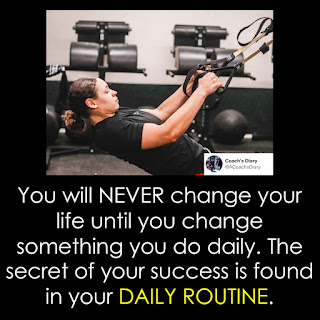Who To Play For | Master P

Rapper, record executive, actor, and entrepreneur, Master P, has a son who has a son who is currently playing Division 1 basketball at Tennessee State, a son who used to play Division 1 basketball at USC, and a son who has just committed to play Division 1 basketball at the University of Houston where he was on his way to playing when a knee injury changed his direction and he instead put his energy into music. Master P was recently on the No Chill Podcast with Gilbert Arenas when he said that one of his sons chose a college that he didn't really want him going to. His son Hercy chose to go to an HBCU instead of a Power 5 school, and Master P felt like his son was sacrificing a lot by doing so. Gilbert Arenas thought that this was an important message for parents to hear. Master P said that he wanted his son to go to a school like LSU, but he chose Tenessee State, and Master P gave them the power to walk their own path. Master P responded by saying, "And I am going to support ...










